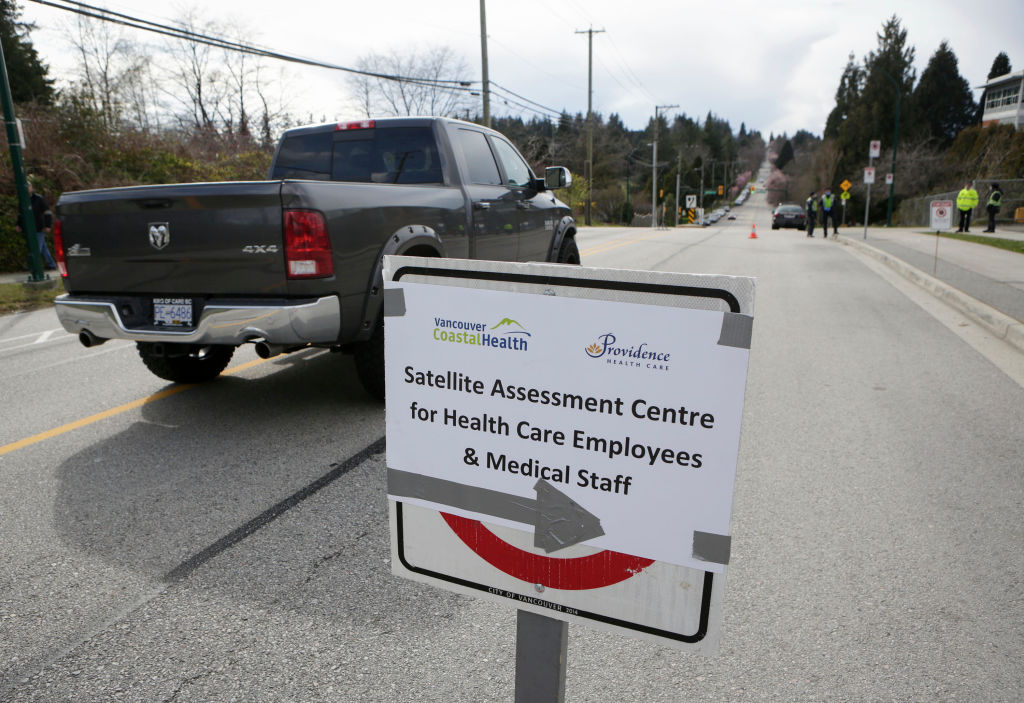Amnesty International is urging governments across Canada to establish oversight committees tasked with monitoring the human rights impact of decisions, policies and laws adopted to address the COVID-19 pandemic.
“History has shown that, in times of crisis, governments often do not assess and redress human rights violations until after the fact,” said Alex Neve, Secretary-General of Amnesty International Canada’s English branch. “By taking proactive steps now, to put strong oversight in place, governments have an important opportunity to deliberately ensure that human rights concerns will be anticipated, identified and minimized from the outset.”
Amnesty International recommends that Human Rights Oversight Committees be made up of a wide range of experts and reflective of communities facing the greatest vulnerability to human rights violations. That could include representatives from federal, provincial and territorial human rights commissions, Indigenous peoples’ organizations, civil society and academics. The Committees would be tasked with providing prompt and immediate advice to governments across the country with respect to the human rights impact of decisions being taken as well as recommendations regarding areas of COVID-19-related human rights concerns where action is needed. The Committees would regularly report publicly.
The recommendation is among 10 guiding human rights principles that Amnesty International is calling on all governments across Canada – at the federal, provincial, territorial and municipal level – to integrate into their responses to the COVID-19 outbreak.
The guiding framework includes calls to treat and respond to COVID-19 as a human rights obligation, while strictly limiting any measures that infringe on other human rights. Further, governments should recognize that the virus itself, as well as restrictions adopted to contain its transmission, may cause particular harm to communities that already disproportionately experience human rights abuses. That includes Indigenous communities, people experiencing intimate partner and family violence, women forced out of the labor force to fulfill caregiving responsibilities, people living in situations of inadequate housing, workers who are precariously employed, people living with disabilities, refugee claimants and individuals held in prisons and immigration detention centers. It is also vital that all aspects of the response to COVID-19 be subject to an intersectional Gender-based Plus Analysis.
Please see the attached for the full human rights framework.
“Governments across the country are responding to the unprecedented novel coronavirus crisis with extensive public health campaigns, restrictions on freedom of movement and social interaction, and massive amounts of economic stimulus,” said France-Isabelle Langlois, Director of Amnesty International Canada’s francophone branch. “Many of those measures are fully in line with human rights standards. However, most do not adopt an explicit human rights approach and some breach important human rights obligations.
“The bottom line is simple: human rights must be at the heart of Canada’s response to COVID-19.”
To learn more about COVID-19 and human rights, visit: https://www.amnestyusa.org/distant-but-together-responding-to-covid-19/
For more information or to arrange an interview, please contact Mariya Parodi, [email protected]

